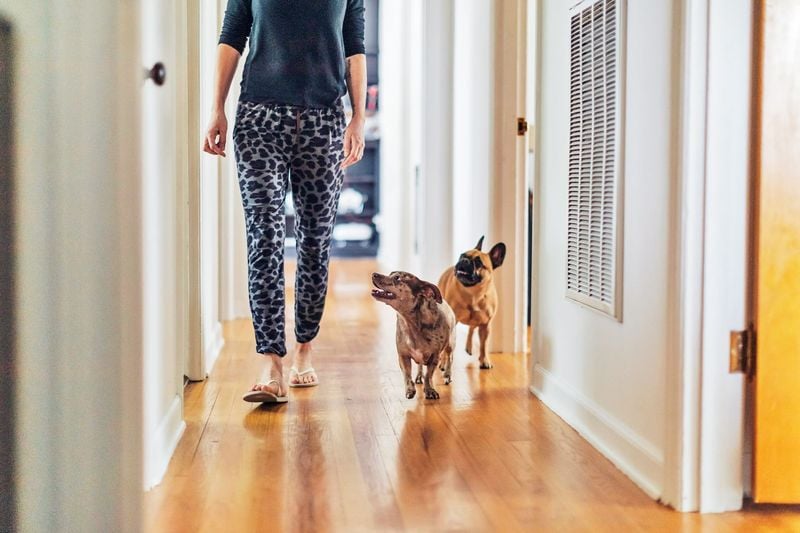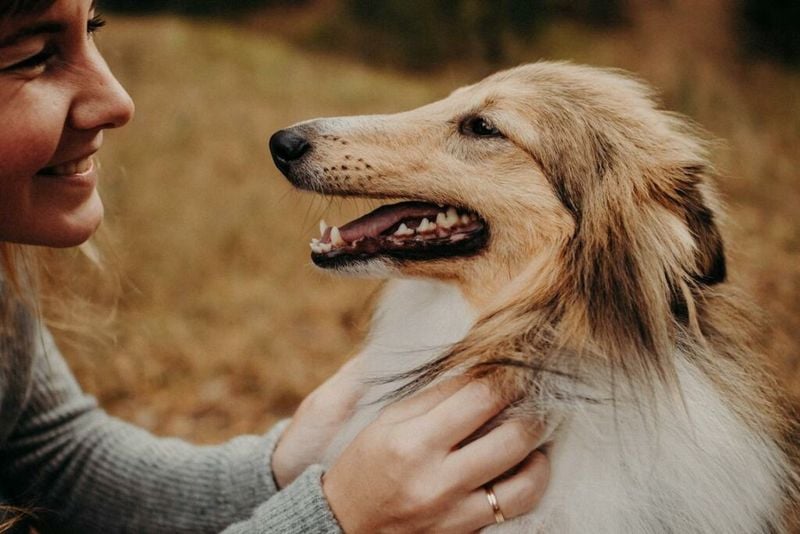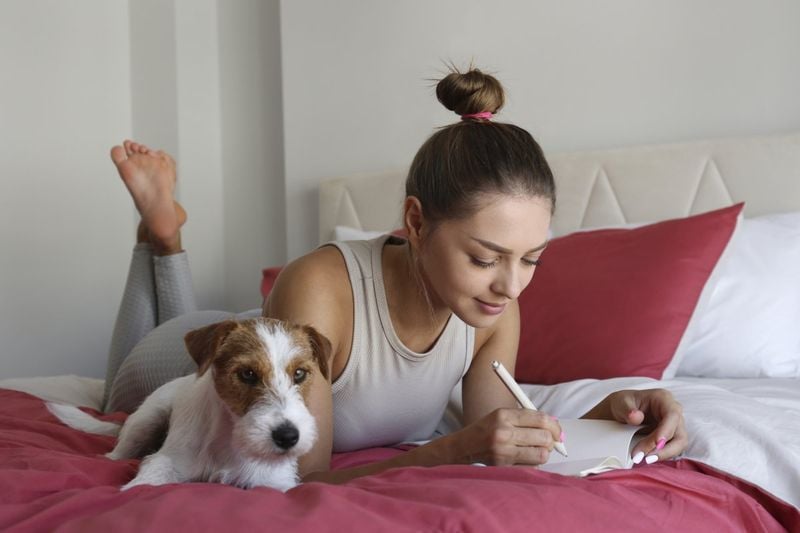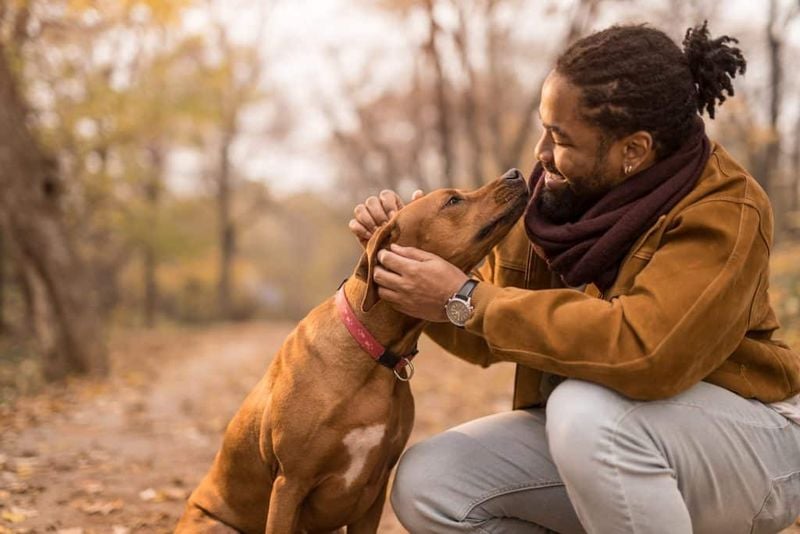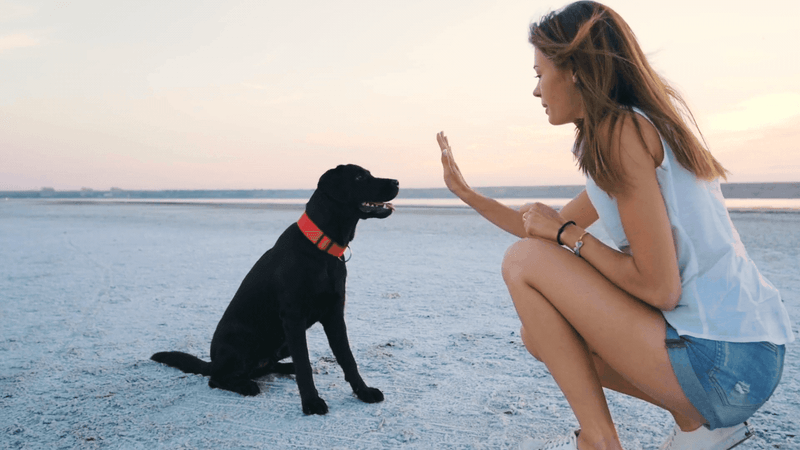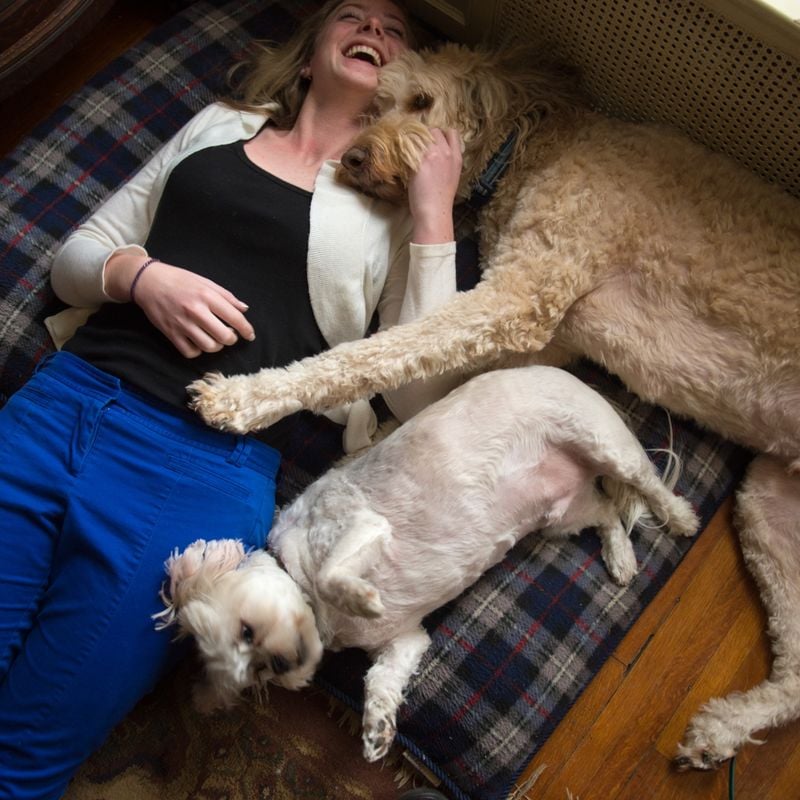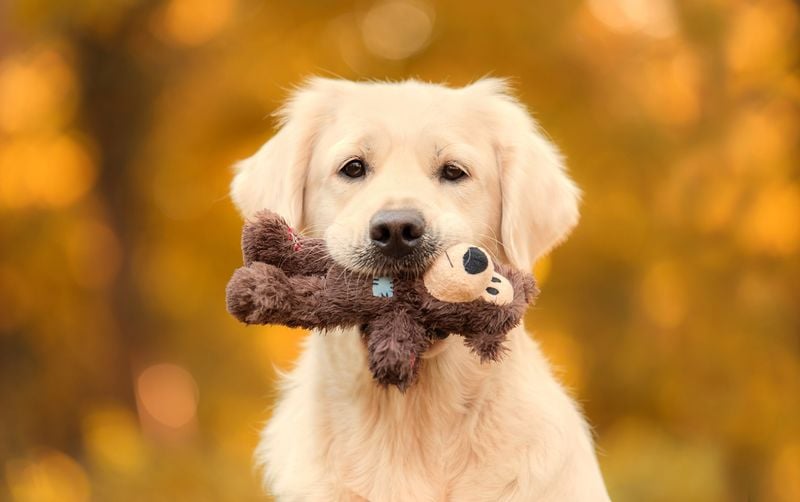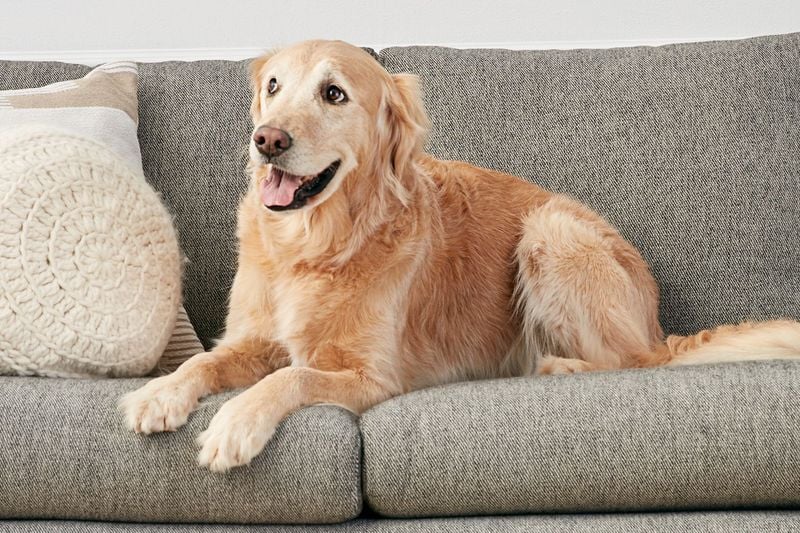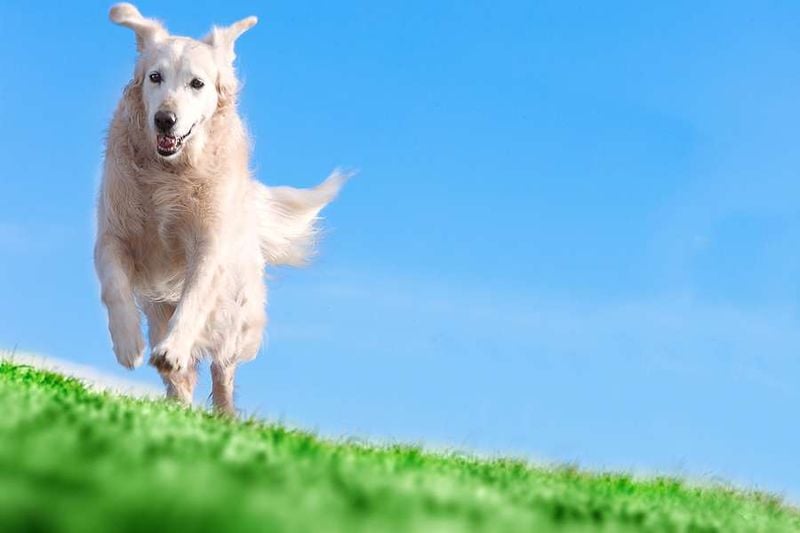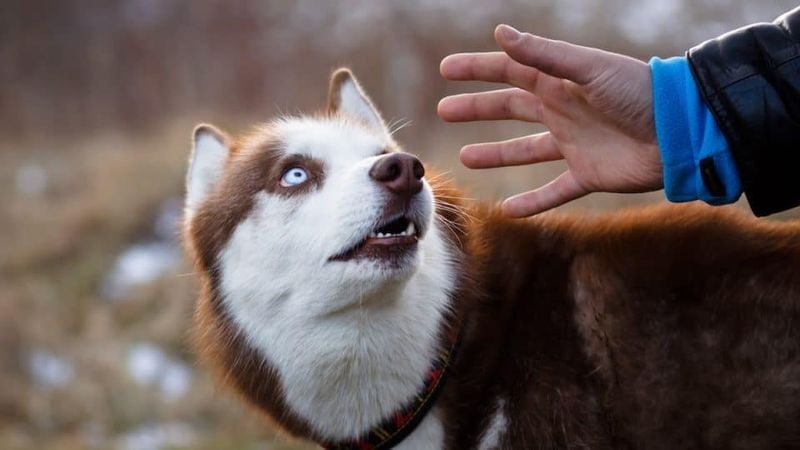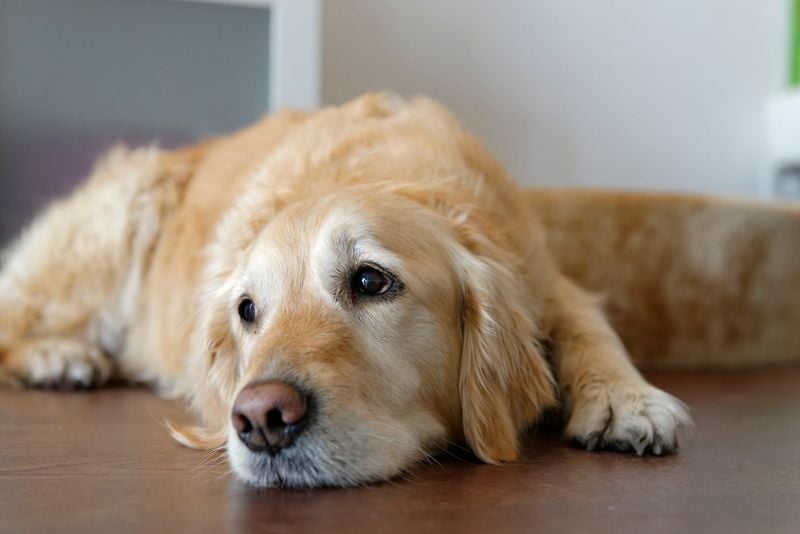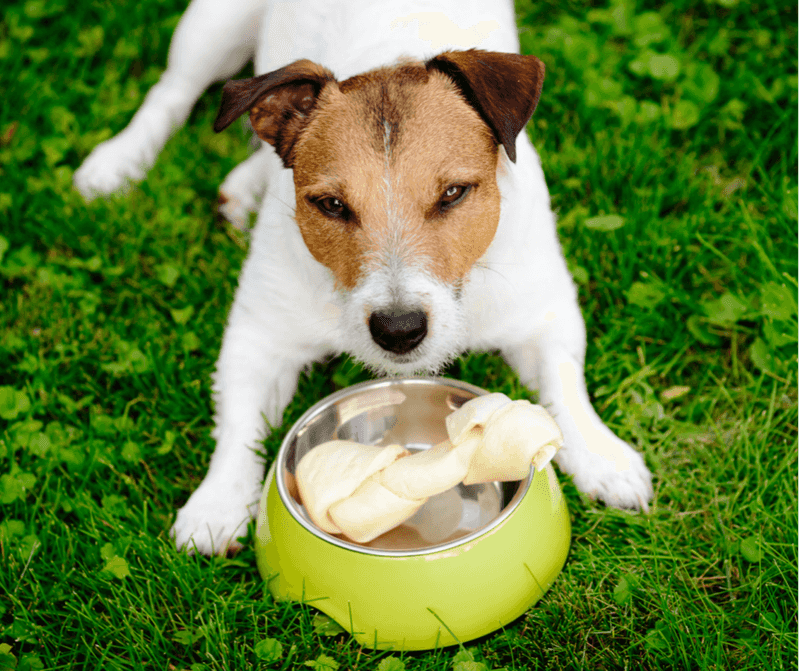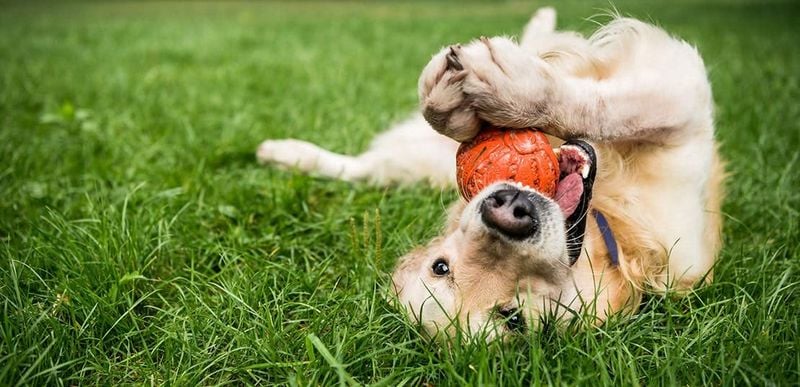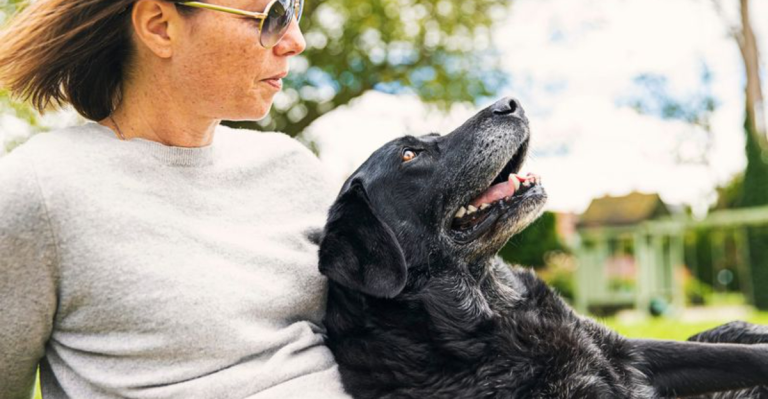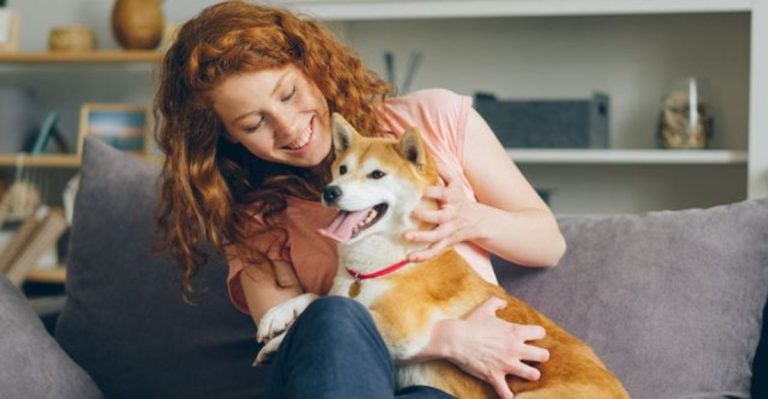7 Signs Your Dog Is Bonded to You For Life & 7 That Show They Still Need Time
Understanding the signs of a deep bond between you and your dog can be heartwarming.
Likewise, recognizing when your furry friend still needs time to solidify their trust in you is essential for a healthy relationship. This blog explores seven indicators of a lifelong bond and seven signs that your dog may need more time to feel secure.
Each section offers insights into canine behavior, helping you nurture your relationship with your pet.
1. They Follow You Everywhere
Your dog acting like your shadow, even when you make mundane trips, is a testament to their attachment. Their unwavering presence signifies trust and a desire to be involved in your life.
Such behavior can be both endearing and occasionally inconvenient, but it highlights a loving bond. They might follow you out of curiosity or simply to feel close to you.
This proximity provides them comfort and security. In the animal world, following is often a sign of trust and admiration, showing they see you as a leader they respect.
2. They Make Eye Contact With You Often
Prolonged, soft eye contact is a profound bonding signal. When your dog locks eyes with you, they’re expressing trust and affection, akin to a human hug.
This connection can deepen your relationship, providing mutual comfort and understanding. Eye contact can enhance the release of oxytocin, the ‘love hormone,’ in both humans and dogs.
In many cultures, eye contact is a powerful non-verbal communication form. For dogs, it signifies comfort and security, reflecting their deep-seated trust and love for you.
3. They Sleep Near You or Touch You While Resting
Curling up beside you indicates your dog feels safest by your side. This behavior shows they’re relaxed and trust you completely.
Resting close is their way of saying they find warmth and security in your presence. Even a gentle touch like a paw on your lap reflects a sense of belonging.
In the wild, pack animals sleep together for protection. Your dog sees you as part of their pack, a testament to their affection and reliance on you for safety.
4. They Check in With You During Walks or Playtime
Glancing back or returning to you during walks signals trust and awareness. Your dog wants to ensure you’re still there, demonstrating their connection.
This behavior shows they value your presence and guidance. It also highlights their trust in you as a constant in their ever-curious exploration of the world.
Such check-ins are subtle affirmations of your leadership. They mirror the way wolves in the wild ensure the pack stays together, reinforcing bonds.
5. They Obey Your Commands Even When Distracted
A strong bond often translates into excellent recall and responsiveness. Even when distractions abound, an obedient dog shows trust and respect.
This attentiveness reflects their prioritization of your commands over external stimuli. It’s a testament to the strength of your relationship.
In the canine world, obedience often indicates reverence and trust in a leader. Your dog sees you as their guide, a role only afforded to those they deeply bond with.
6. They Mirror Your Emotions and Comfort You
Bonded dogs often pick up on your mood, reacting sensitively. They may comfort you when sad or share in your excitement, showcasing empathy.
Their ability to mirror your emotions strengthens the bond, providing solace or sharing joy. Dogs possess an innate ability to sense human emotions, a trait honed over centuries.
This emotional mirroring creates a profound connection, deepening your relationship. It’s as if they understand your unspoken feelings, offering unconditional support.
7. They Bring You Their Favorite Toy or “Gifts”
Sharing what they value most is their way of showing affection. When your dog brings you their beloved toy, it’s a gesture of trust and love.
This act is akin to a child offering their prized possession, signaling a strong bond. Your dog sees you as a cherished companion deserving of their treasures.
Such behaviors stem from their ancestral pack mentality, where sharing strengthens social bonds. It’s a heartfelt acknowledgment of your special place in their life.
8. They Avoid Eye Contact
Brief or hesitant glances can signal nervousness or uncertainty. When dogs avoid eye contact, they might not fully trust their environment yet.
This behavior suggests they’re still assessing whether you’re reliable. It can also indicate submissiveness or fear, especially if they’re new to the household.
Understanding this can help in building trust. Patience and gentle interactions can encourage them to feel more secure over time.
9. They Don’t Come When Called Consistently
Lack of response may mean they haven’t fully built trust in you yet. When your dog doesn’t come when called, it reflects uncertainty.
This behavior might be a sign they’re still learning to see you as a figure of authority and love. Consistent, positive reinforcement can aid in building this trust.
Their hesitance can be transformed with patience and training, fostering a deeper connection.
10. They Prefer to Sleep Alone or in a Distant Spot
Keeping physical distance could mean they’re not emotionally secure yet. If your dog prefers solitude during rest, they might need more time.
This behavior indicates a level of independence or a lack of attachment. It’s essential to provide them space to feel comfortable.
Over time, as trust builds, they may naturally seek closeness, signaling a strengthened bond.
11. They Flinch at Sudden Movements or Sounds Around You
A sign they’re still learning whether you’re safe and predictable. Flinching indicates they’re not fully at ease.
This behavior often stems from past experiences or a lack of familiarity. Building routine and predictability can help ease these reactions.
Gradual exposure to your presence and movements can foster a sense of safety and stability over time.
12. They Don’t Seek Out Affection on Their Own
If they rarely initiate cuddles or closeness, they may not feel fully bonded. Dogs who don’t seek affection might need more time to trust.
This distance can be bridged with gentle encouragement and positive experiences. Over time, they may start to seek out your company more naturally.
Patience and understanding can transform this hesitation into warmth and affection.
13. They Guard Resources From You
Growling when you approach food or toys can indicate underlying distrust. This behavior suggests they’re not fully secure in their relationship with you.
Resource guarding reflects a deeper need for security and trust. It’s crucial to approach these situations with understanding and patience.
Building a safe environment where they don’t feel threatened can alleviate this instinct over time.
14. They Don’t Play Freely in Your Presence
Playfulness often reflects a relaxed, trusting state of mind. If your dog doesn’t play freely, they may not feel completely at ease.
This behavior can indicate they’re still assessing your role in their life. Encouraging play in a non-intrusive manner can help build a comfortable, playful environment.
Over time, as trust grows, they might begin to express themselves more freely and joyfully.

